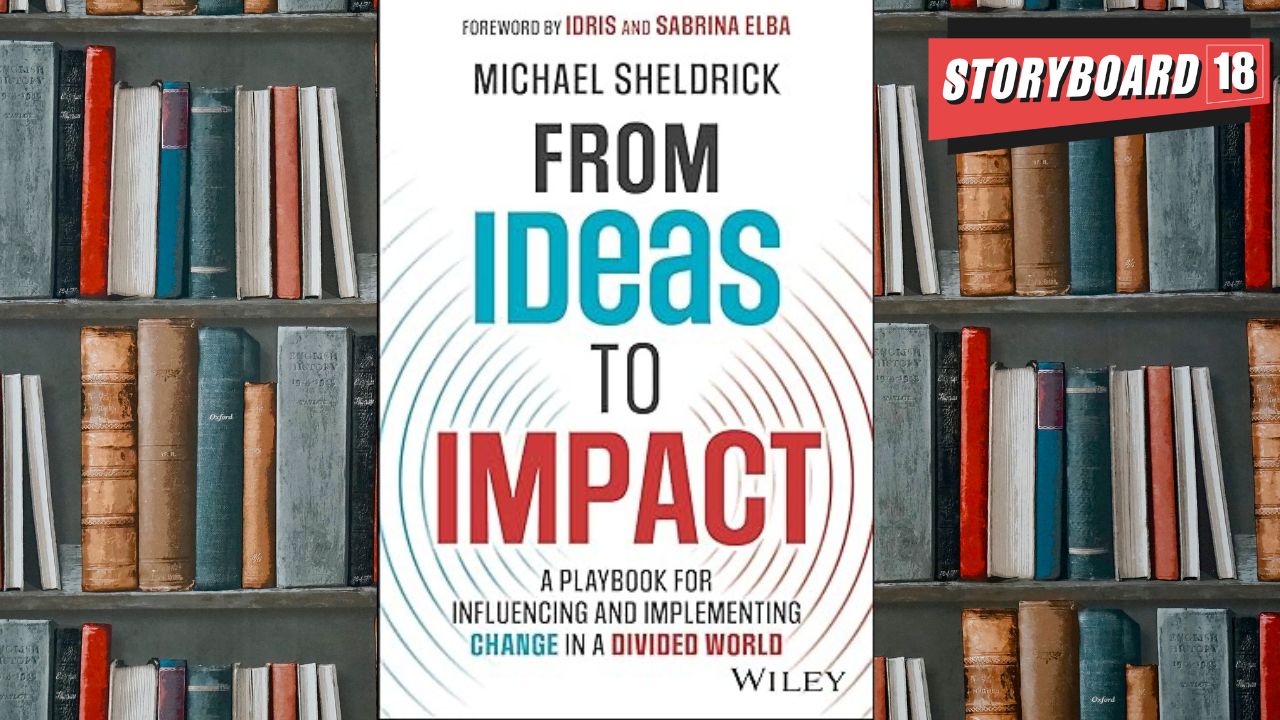An eight-step recipe for global citizenship!
Who is author Michael Sheldrick? He is the driving force behind the advocacy efforts of Global Citizen – founded as the Global Poverty Project in 2008-to end extreme poverty. Those who remember the Coldplay concert in India in 2016 as part of Global Citizens’ efforts, might be able to connect the dots.
In his foreword to the book, actor and supporter of Global Citizen, Idris Elba recounts a memory; Sheldrick once told him that when it came to advocacy, ‘showing up’ was half the work! And showing up consistently, so that your ideas can have impact, is the message of the book! As you navigate the book, you get introduced to the idea of ‘policy entrepreneurship,’ which its about making lasting change happen!The author quotes Steve Jobs, who said, “There is a tremendous amount of craftsmanship in between a great idea and a great product. The same applies to policy as well.” Touché!
Our five Bookstrapping insights from the book are as follows –
1. When it comes to planning for impact, the magnitude of the problem itself can be quite daunting. For eg; during the global lockdown of 2020, the collective greenhouse gas emissions reduced only by 4.6%. This is far from the 50% reduction needed to be achieved by 2030 to avoid climate change. Realisations such as these, place a problem in context.
2. Another question the author poses is about perceptions- “Do you want to win an argument or change the world?” As we are magnetised by those who say the right things on social media, Sheldrick reminds us that the world needs leaders who will commit to the route to peace and NOT make a detour around it.
3. The book offers an eight step guide to policy entrepreneurship. In other words, eight steps to getting things done! Policy entrepreneurship itself, is about people combining the visionary, diplomatic, and implementation approaches, to transform an idea into tangible impact.
4. Peppered with real life anecdotes, such as Coldplay powering an entire show with energy from repurposed BMW car batteries, the book humanises advocacy. Sheldrick asks you to humanise your story in the same way, when you set out to convert your ideas for a better world, into action.
5. An important gut check I took away from the book is this. How would you pitch your ideas? “Imagine you have 15 minutes with the President, and if he thought you have a compelling idea, he was willing to pick up the phone and call anyone.” The author quotes Obama’s advisor to drive home the point, that knowing who your stakeholder is and how to make an impact is key!
The book makes a strong case for ‘hope-based communication.’
So, instead of focusing your narrative on the problem and making people despondent, centre it on solutions instead! The other big takeaways is that really ‘successful policy breakthroughs’ are marked by no one party getting everything! It is only when people have the courage to accept imperfect settlements, do agendas move forward. I specifically recommend this book to those who feel uncertain or pessimistic about the future of the world and our ability to find solutions!
Reeta Ramamurthy Gupta is a columnist and bestselling biographer. She is credited with the internationally acclaimed Red Dot Experiment, a decadal six-nation study on how ‘culture impacts communication.’ A reading coach, you can find her on Instagram @OfficialReetaGupta
